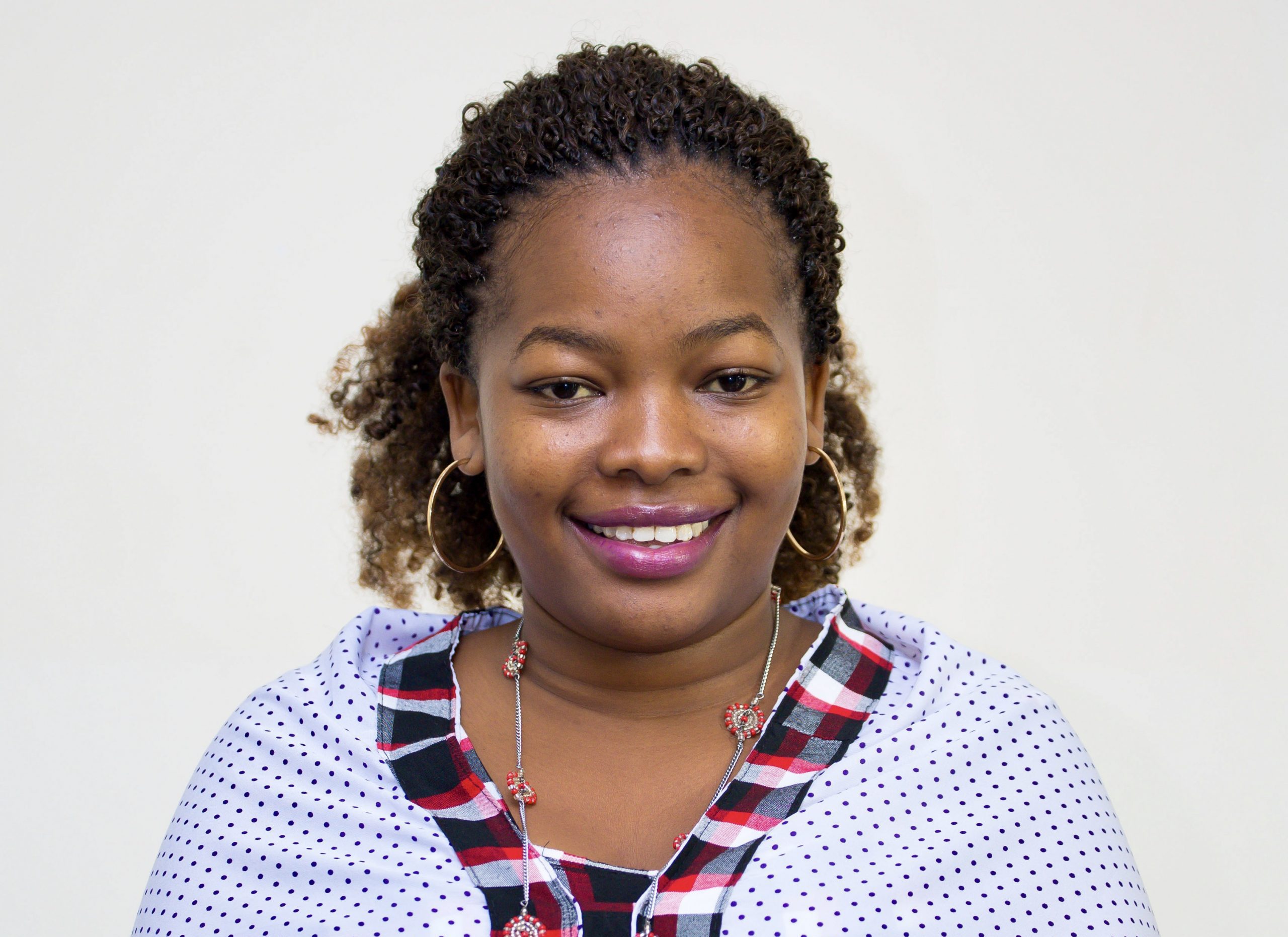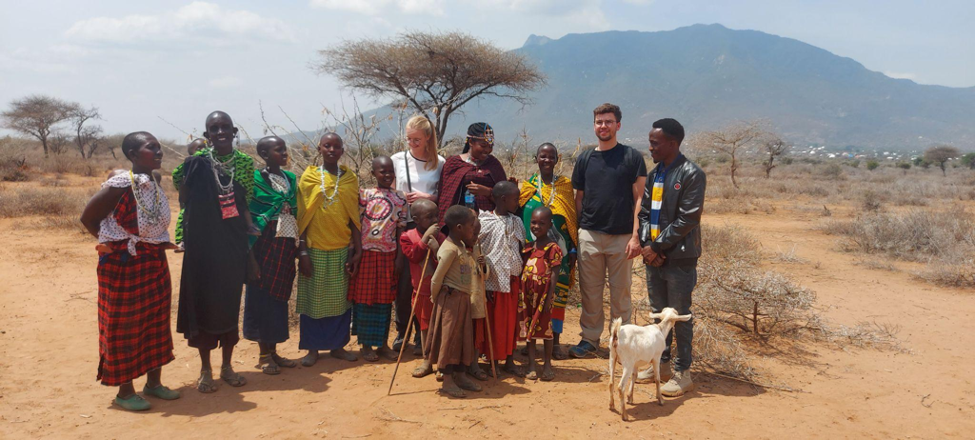Story
Nang’idare

Ewang'an: Light for vulnerable Maasai Women
Nang’idare is a Maasai young social entrepreneur from Longido who founded Ewang’an Maasai Foundation to help young women and girls in her community gain economic independence through the tourism industry. She founded Ewang’an in 2019 and currently works with 15 young Maasai women who did not complete their formal education, to empower them to find decent work and economic empowerment.
In 2020 Nang’idare Master’s classmate told her about DOT’s Dare to Change Tanzania Program and encouraged her to apply. Her application was successful and she was selected to join the program.
I chose to be part of Dare to Change Tanzania because I saw that it could help organize my ideas and choose one thing to stand for with my Master’s Degree in Ethnic, Cultural Minority, Gender, and Group Studies
Ewang’an Maasai Foundation seeks to Empower young Masai women who dropped out of school due to early marriages, early pregnancies, and forced marriage so they are able to lead desired lives. The young women are given the opportunity to work and benefit from the tourism industry.
Through Ewang’an, tourists are able to experience the Maasai way of life by living the Maasai way. A replica of the boma (Maasai traditional community compound) is available for tourists to visit, eat, dance, and even sleep in. The women share Maasai traditions with the tourists sharing the day-to-day and most important of Maasai events.
Ewang’an is a Maasai name that means light.
Nang’idare emphasizes that uneducated women in Tanzania continue to face social and economic challenges which include low income, gender violence, lack of access to health services, and poor access to necessary technology and skills. Uneducated young Maasai women in rural areas are some of the most vulnerable, having to work in difficult environments such as walking long distances to find water and food to support their families.
Nang’idare shares that her best experience during the Dare to Change Tanzania 2020 program was staying in a boot camp for two weeks. She learned a lot of things including teamwork.

Nang’idare with some of the tourists and young women she works with
The biggest challenge for Nang’idare was how to organize her ideas and time because she wanted to be an entrepreneur at the same time she was supposed to complete her studies, Master’s Degree in Ethnic, Cultural Minority, Gender, and Group Studies
“DOT trainers and staff were amazing people and they made everything looks very simple including competition pressure”
For a young woman to be in a program that has 70% young women Nang’idare felt DOT was a safe space for both men and women completing the program. To her, it was one of the best experiences in her life and it gave her the courage to dream.
Nang’idare is one of 10 young social entrepreneurs who pitched their ideas in front of a multi-national audience of 1,000 during the Dare to change Tanzania 2020: East Africa Youth Enterprise Awards. She won Tsh.5,000,000/- seed funding.
My achievements are much more personal than physical. I have been able to determine my vision, my purpose in life, and obtain self-discipline
The next big thing for Ewong’an is to fundraise and build a small bead factory, for the young women making handmade accessories to sell to tourists Most of the beads used in handmade crafting are imported and expensive. Causing high production costs for young women. A factory will allow for local production, local job opportunities and significantly reduce the cost for the women creating the accessories. All funding partners are invited to support this social enterprise.
“Believe in your dreams, nothing is impossible”
Nang’idare is social visit her pages
- LinkedIn: Nangidare Lengai
- Twitter:Nang’idare Lengai
- Instagram ms_nangidare
Are you our next Community Leader, Digital Champion, or Social Innovator? Learn more about how to join #DOTYouth
Join #DOTYouthShare this Story
More STORIES
Read more inspiring stories like Nang’idare.